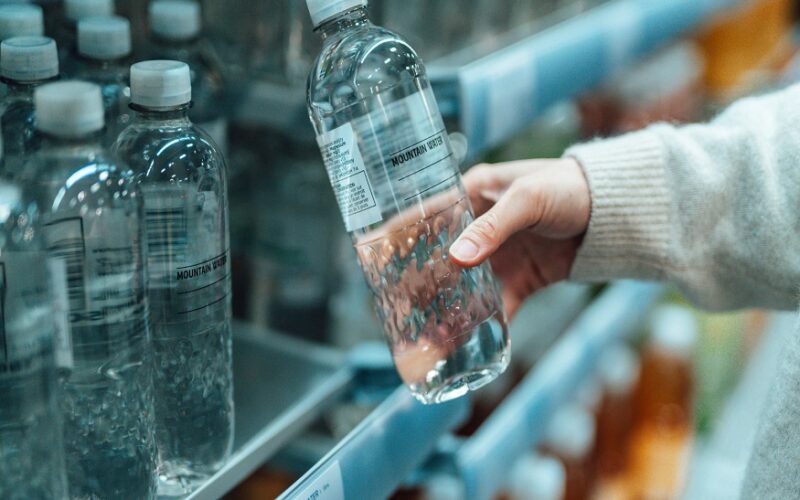Purified water is a water-based health product that has been around for long enough now to be considered far more than just a passing fad. In fact, purified water has become a firm favorite amonghealth-conscious shoppers looking to drink alternatives to tap and bottled water. Synergy Science, a company specializing in health products like hydrogen and purified water, say that it is probably justified concerns about water pollution thatis driving the desire for purified water.
Water free of harmful contaminants is precisely the benefitthat purified water offers. These contaminants can be things like chlorine added for disinfection, certain larger substances that have made it through the filtration systems, and even trace amounts of plastic that have made it into the water system. More expensive bottled water might be a little better filtered, but there is still a risk of trace harmful contaminants contained within it.
However, you should bear in mind that, sometimes, the good outweighs the bad. Mineral and spring water, for example, is valued precisely because of the extra things contained within, so it is always a matter of weighing up the danger against the benefits of these “contaminants”.
What is Purified Water?
So, we know that purified water is water that has undergone some kind of purification process, but this doesn’t actually explain what is meant by the label “purified”.Even municipal tap water has technically been purified but does not warrant this label. From filtration to chlorine treatment, tap water has undergone several purification techniques. Andat the other end of the spectrum, water that has undergone distillation (a highly effective form of purification that removes nearly every additional substance) also does not warrant the label, being instead considered distilled water.
So whatthenis purified water? Purified water is typically water that has been exhaustively filtered with several different filter substances. It is also water that, while it may have been chlorine treated, hasall the chlorine removed afterwards. As mentioned, purified water is not water that has been distilled. All of this is important for getting to an exact definitionof what we meanby purified water.
Surprising Uses for Purified Water
With that definition out of way then, what can purified water do for you? As it happens, the list of applications might be longer than you think. Here follows a few of the uses of purified water:
Food Preparation
Food preparation involves the use of water as an ingredient and as a means of washing foods and utensils. Purified water is ideal for this purpose as it is the water with the least additives – especially chlorine, which you really do not want seeping into your food.
Increasing the Effectiveness of Medicines
When you take a pill, the chances are you will be swallowing it with a glass of water. Research has shown that certain chemicals in tap water can decrease the effectiveness of many of the pharmaceuticals they are typically consumed with. Using purified water offers a solution to this problem.
Brewing Beer
The range of difference substances found within a typical glass of water might well have a lot of nutritional benefits, but you don’t want them getting in the way when you’re doing something like brewing. For this purpose, the purest, clearest water is always advised – and purified water fits that bill nicely.
From using it in your fish tank to your morning coffee and your dog bowl, purified water offers a lot of benefits and has a lot of surprising applications. It is not ideal in every circumstance, but it is certainly a particularly useful and versatile product.

